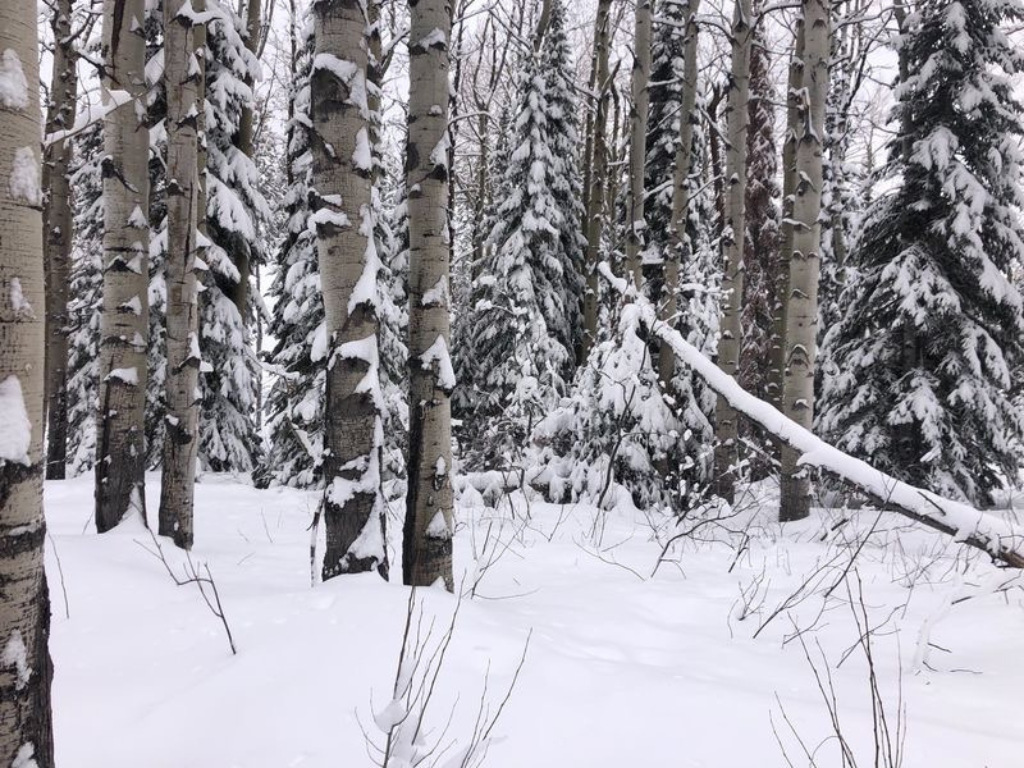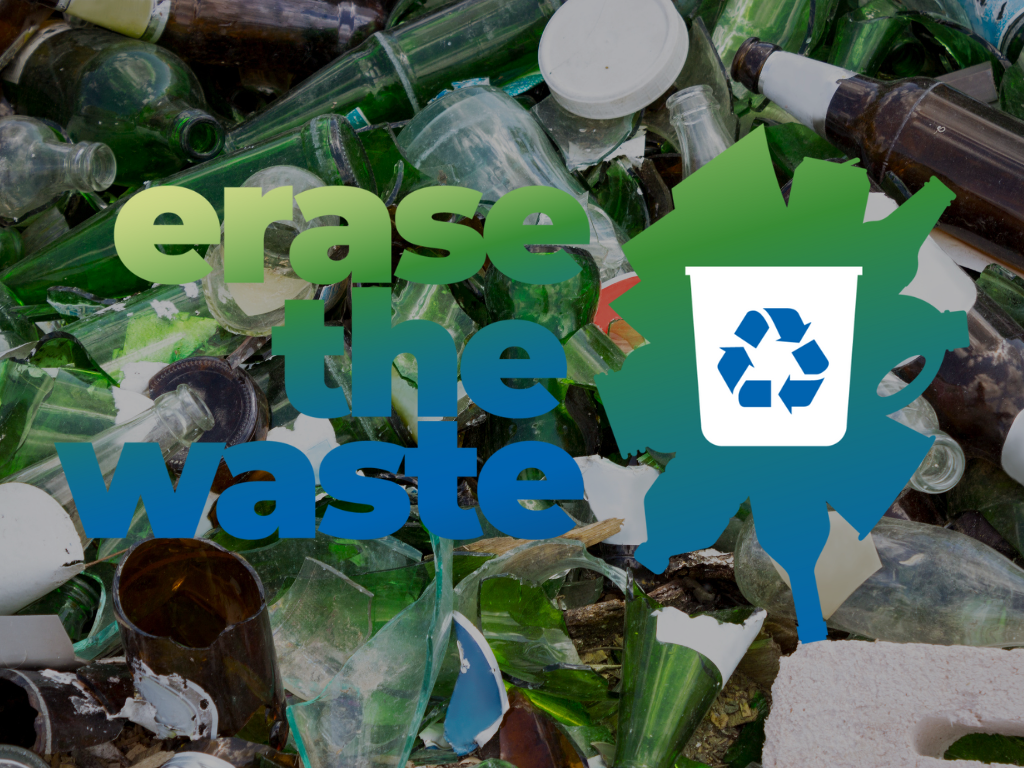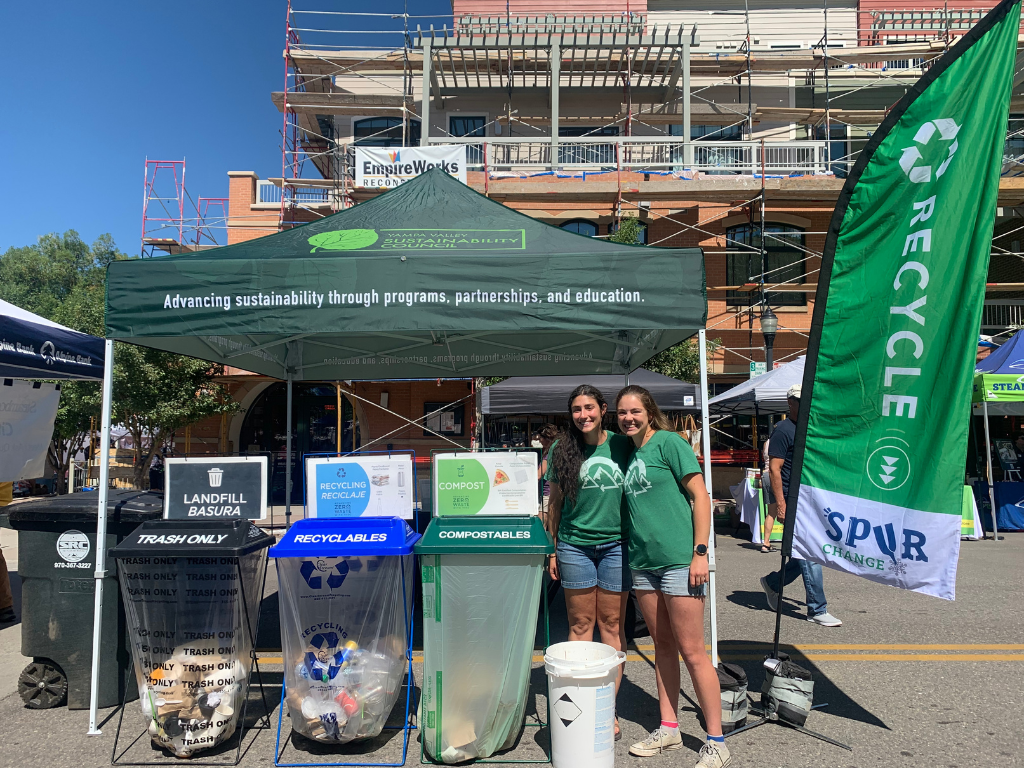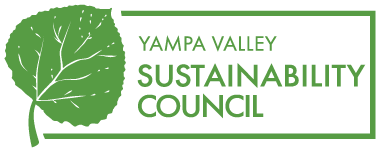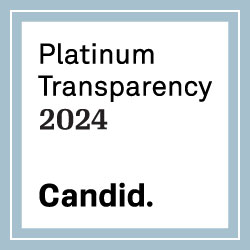FEBRUARY 1, 2015 BY
Reprinted from February 2015 Yampa Valley Voice
Continuing the conversation on Recycling
Taking Action – Reducing the Cost to Recycling
It’s past time for us to make waves when it comes to recycling. It’s time for us to come together as a community and make some big decisions. It’s time to do something.
At all of our meetings and events we hear the same thing: Why does recycling cost so much money?
If you’ve missed our past four articles on recycling (YVV 9-2014, YVV 5-2014, HL W-2014) let me recap a little: In 2010 the Yampa Valley Sustainability Council and Yampa Valley Recycles began hosting recycling events for both traditional and hard-to-recycle items in an effort to increase recycling. In 2012 our organizations merged and the real work began. Since then, and even more so in the last 18 months, we have been working diligently on solutions for increased recycling options, studying the viability for regional solutions and collaborating on solutions for cost effectiveness with the three local waste haulers (Aces High, Twin Enviro Services, and Waste Management), city and county government, and a recycling expert from Denver.
The Sept2014 YVV article – Recycling Aint Free – discussed just that. Why is recycling expensive? In summation, our current system isn’t working, and it’s cheaper to make something from new materials than it is to recycle the old one. In fact, recycling is grossly expensive, despite the benefits to the environment. The recycling market is directly related to the petroleum market, and if you’ve been paying attention to pump prices this winter, gas is down below $1.80/gallon in some regions, so the value of plastics has plummeted. In addition, there’s the added cost of transporting recyclables to Denver, and local haulers simply don’t make money doing so, meaning your plastics are simply sitting in the yards right now because haulers aren’t making money on them. Refer back to this article for some tips on reducing recycling.
Our May2014 and July2013 YVV articles on the Green Machines discussed why these long-time public drop-off sites have gone away in Steamboat. Due to abuse, minimal funding, and outgrowth the Green Machine at Safeway had to be discontinued. We have added one in Clark and are looking at being added in Stagecoach in addition to the two in Oak Creek and Yampa.
But traditional recycling (glass, plastics, aluminum, paper, cardboard) isn’t the only elephant in the room. The Hard-to-Recycle category is making news as well. With the July 1, 2013 Electronic Waste Disposal Ban keeping electronics out of the landfill for hazardous reasons (see our article in Homelink Magazine Winter 2014), it has suddenly gotten grossly expensive to dispose of your large electronics (such as a 2001-model TV). At our January 10, 2015 electronic recycling event, large TVs were costing as much as $150 to recycle. Between the costs of handling the dangerous contents such as mercury, lead, and other toxic parts and the costs of transporting them to Denver, our local e-waste recyclers simply have to charge that much.
So two questions arise. For traditional recycling: Where do we go from here? And for hard-to-recycle items: If it can’t go in the landfill and you can’t afford to recycle it, what are some solutions?
For traditional recycling, we all need to help create a better market – buy products with a percentage of post-consumer recycled material. The two recycling markets are dependent on each other. The more we purchase recycled items, the greater demand for recycled materials and then the recycling programs can at least break even.
For hard-to-recycle items, recycling stewardship programs are needed. These programs transfer the cost of recycling onto the point of sale of the item, (such as the bottle bill in many states, or the new architectural paint stewardship program) and it’s up to us to make enough waves that programs and legislature like this for electronics make it to through the state House and Senate. Talk to or write your local and state legislators about product stewardship programs and show your support for these programs if they make the ballot.
YVSC is doing all we can to help increase individual recycling and regional opportunities but we need our community to speak up and help us make a difference.


